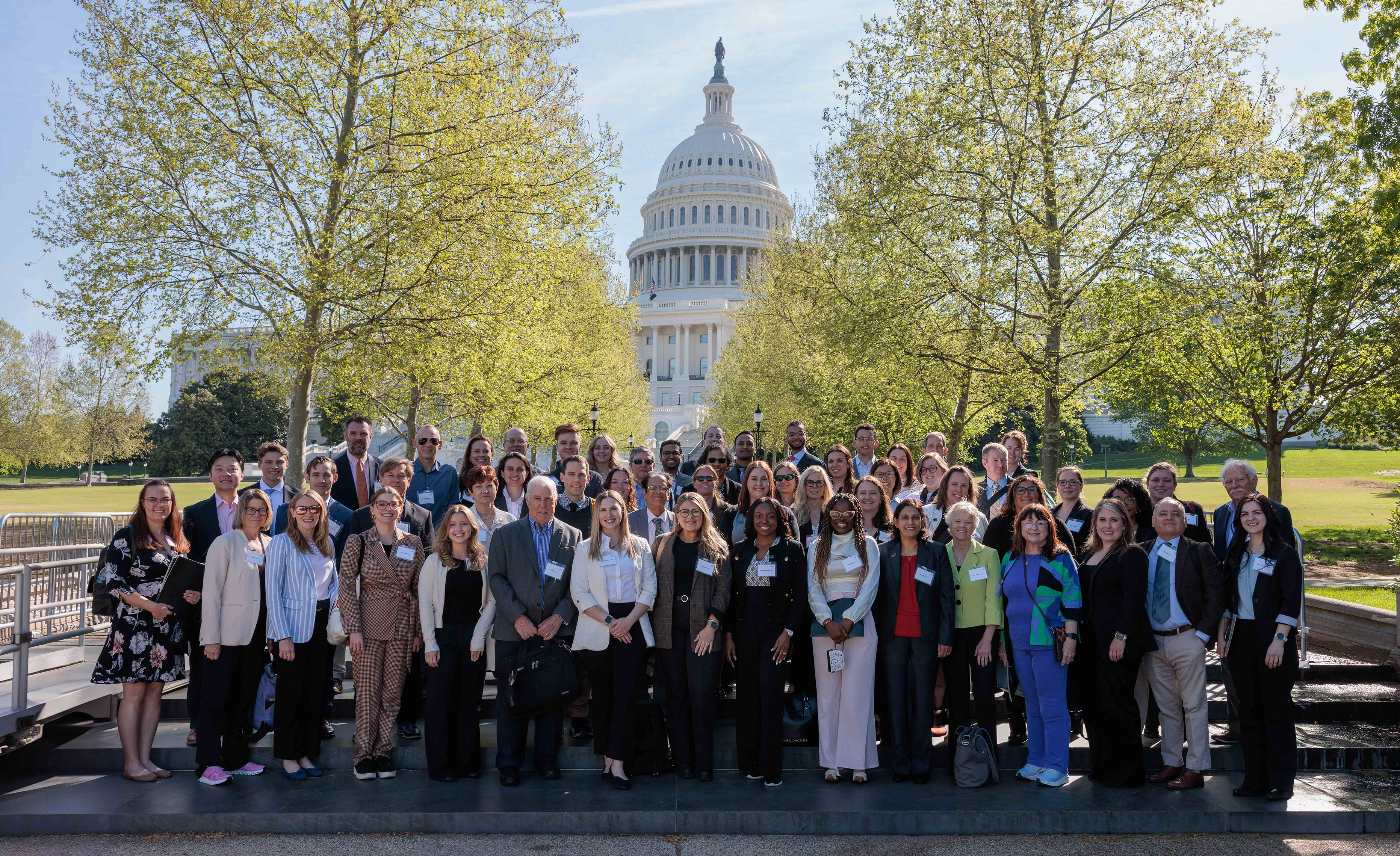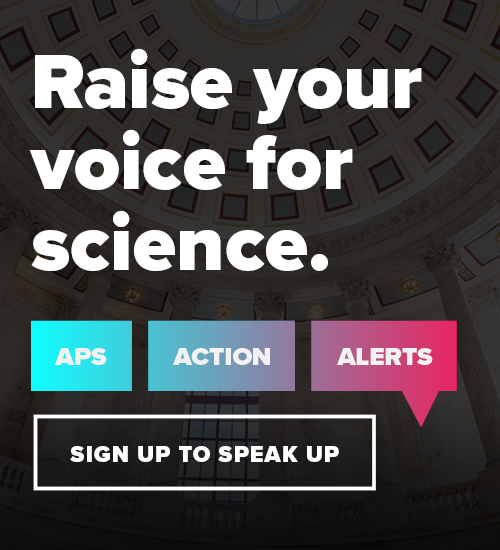Advocate for research funding, shape science policy and make your voice heard.

Scientific research plays a vital role in improving health, advancing medical breakthroughs, and strengthening our economy. The American Physiological Society (APS) advocates for policies that support robust research funding, protect scientific integrity, and ensure the future of physiological research. Join us in making your voice heard.
You have credibility as a scientist. Scientists are uniquely qualified to explain their research, why it is important and why scientific research and training are in the national interest and therefore worthy of federal investment.
You have credibility as a constituent. Your members of Congress work for you, and they want to know what is on the minds of voters in their district. Members of Congress want to find opportunities to advocate for the concerns of their constituents and the needs of their district and state.
How You Can Take Action
APS makes it easy for you to advocate for science. Here’s how you can get involved:
- Contact Congress. Urge Congress to safeguard scientific research today.
- Contact your state representatives. Make sure they understand the impact of NIH funding on your state.
- Sign up for APS Action Alerts. Stay informed about policy issues and urgent action opportunities.
- Participate in APS advocacy events. Join virtual and in-person events to engage directly with policymakers.
- Share your story. Tell lawmakers how research funding supports your work and impacts human health.
Science Advocacy Resources
APS provides tools and training to help you become an effective advocate. Review our guides to:
- Learn how to advocate for science. Our online course helps scientists develop their skills to identify and explain the issues that are important to them and communicate with their elected officials.
- Get started as an advocate. A checklist of actions you can take.
- Build public support for science. Tips to help you hone your science communication skills.
- Contact Congress. Step-by-step tips for getting in touch with your legislators.
- Become an Early-career Advocacy Fellow. This two-year program engages early career investigators in advocacy activities and provides them with skills to become long-term advocates for scientific research.
Stay Connected
Stay engaged with APS advocacy efforts.
APS Advocacy Priorities
APS works to influence federal policies that impact physiologists, biomedical researchers, and the broader scientific community. Our key advocacy areas include:


